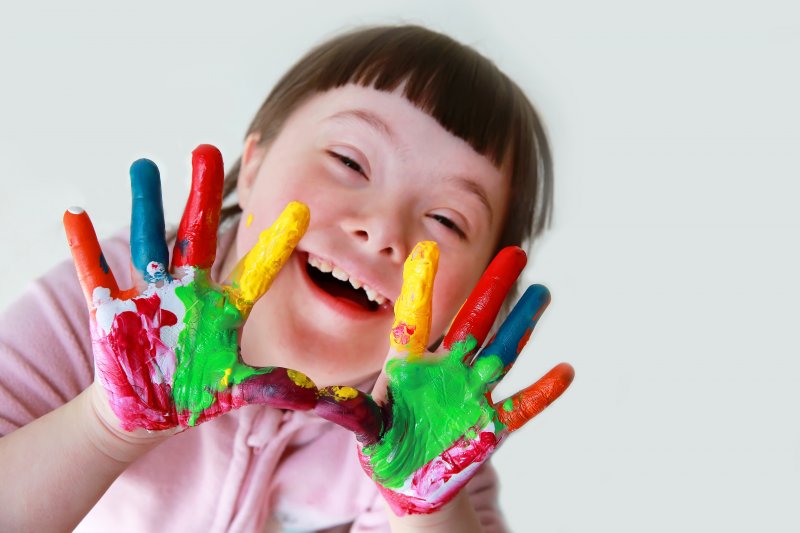4 Common Oral Health Problems Among Children with Special Needs
February 13, 2024

Special needs children or those who have physical and intellectual disabilities often suffer from serious oral health problems. Without adequate and timely treatment, these issues can worsen over time and negatively impact their overall health and well-being. Unfortunately, getting them the professional oral healthcare they need can oftentimes be challenging. Keep reading to learn about four of the most common dental problems these individuals face and why preventive care is essential for healthier smiles.
Which Dental Issues Do Special Needs Children Suffer From Most?
The Academy of Pediatric Dentistry explains that special needs children are those with physical, behavioral, developmental, and emotional disabilities. The kinds of conditions that most commonly fall into these categories include everything from cerebral palsy to autism, Down syndrome, hearing impairments, and more.
Many children who are born with these disabilities struggle to maintain good oral hygiene because of physical ailments that make it hard to hold a toothbrush, medications that cause excessive gum tissue, or genetics that inhibit proper tooth eruption.
In fact, four of the most common oral health problems these children experience include:
- Tooth Enamel Erosion – Developmental disabilities can often cause patients to grind or clench their teeth, resulting in the breakdown of tooth enamel over time. This can lead to chronic jaw pain, tooth sensitivity, and even tooth loss if left untreated.
- Tooth Decay – Those with special needs can often suffer from severe tooth decay because of teeth that are malformed or crowded. It’s also possible that physical disabilities make it harder to practice good oral hygiene habits.
- Dry Mouth/Gum Disease – Certain medications are known to cause dry mouth and gum inflammation, both of which can lead to periodontal (gum) disease.
- Damaged Teeth – Individuals who have cerebral palsy or another physical disability might suffer falls that cause facial trauma, resulting in an increased risk of dental damage.
Why Special Needs Dentistry Matters
Getting children with special needs the kind of oral healthcare they need might seem like an impossible feat for some parents; however, it doesn’t have to be.
Choosing a dentist who provides special needs dentistry can be one of the most beneficial and important steps a parent can take if they want to improve the health of their child’s smile.
With this type of dental care, you can trust that the dentist and dental team will accommodate your child based on their unique needs. Whether it is setting aside more time to ensure they are comfortable and at ease or providing certain amenities to keep them calm, getting them the care they require is possible.
There is also the option of discussing sedation dentistry, as it is highly effective in keeping children still and comfortable throughout their visit.
Finding a dentist who will take the time to go over ways to ensure positive oral hygiene habits are practiced at home can also help to keep their teeth, gums, bite, and overall oral health in better shape.
Just because a child has special needs does not mean they have to live their life with an unhealthy smile. By taking the time to do one’s research, these children can enjoy better oral health for a lifetime.
About the Practice
Kids Dentist is a pediatric dental practice in Grayslake that is led by a team of professionals who are committed to ensuring healthy, growing smiles. With four dentists and a team of qualified staff, we provide special needs dentistry to children who are living with physical and intellectual disabilities. If you are looking for a practice that can accommodate your little one, contact us via our website or call (847) 223-1400 to learn more.
 Practice Limited to Pediatric Dentistry
Practice Limited to Pediatric Dentistry